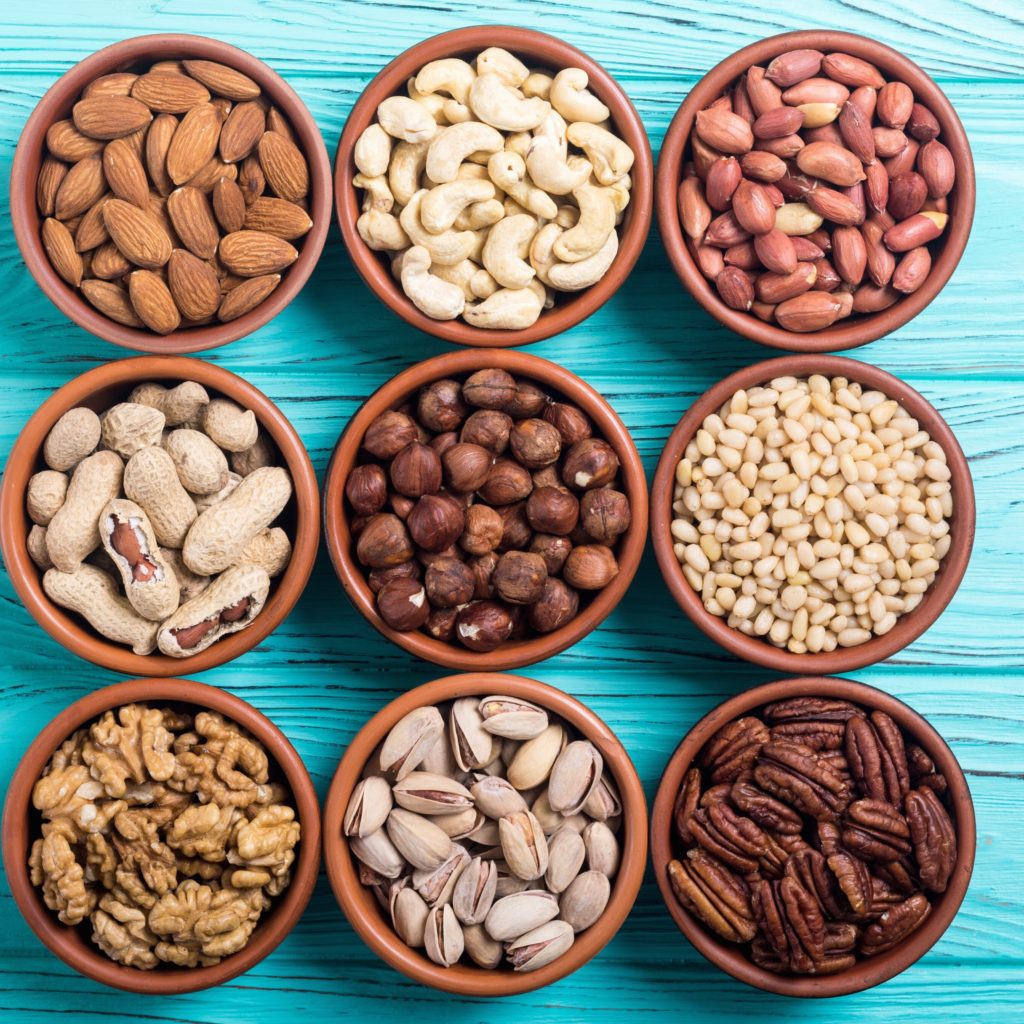Health Benefits of Zinc
Zinc is an essential mineral that plays a crucial role in maintaining overall health and well-being. In this article, we will explore the numerous health benefits of zinc and why it is important to include it in your diet.
Boosts Immune System
Zinc is known for its immune-boosting properties. It helps in the production of immune cells, such as white blood cells, which are essential for fighting off infections and diseases. Additionally, zinc aids in the development and activation of immune system components, enhancing the body’s ability to defend against harmful pathogens.
Supports Wound Healing
Another significant benefit of zinc is its ability to promote wound healing. It plays a vital role in the synthesis of collagen, a protein that is crucial for the formation of new tissue. Zinc also helps in the production of enzymes that facilitate the healing process, making it essential for proper wound recovery.
Enhances Cognitive Function
Zinc is involved in various processes that support brain health and cognitive function. It plays a role in neurotransmitter regulation, which affects mood, memory, and learning. Studies have shown that zinc deficiency can lead to cognitive impairments, making it important to ensure an adequate intake of this mineral.
Promotes Healthy Skin
Zinc is often found in skincare products due to its beneficial effects on the skin. It helps in regulating oil production, reducing inflammation, and preventing acne breakouts. Additionally, zinc supports the production of collagen and elastin, which are essential for maintaining healthy and youthful-looking skin.
Supports Reproductive Health
Zinc plays a crucial role in reproductive health for both men and women. In males, zinc is involved in the production of testosterone, which is necessary for sperm production. In females, zinc is essential for proper egg development and fertility. Adequate zinc levels are vital for maintaining optimal reproductive function.
Aids in Digestion
Zinc is involved in the production of digestive enzymes, which are necessary for breaking down food and absorbing nutrients. It also helps in maintaining the integrity of the gut lining, preventing leaky gut syndrome, and improving overall digestion. Adequate zinc levels are essential for a healthy digestive system.
Supports Eye Health
Zinc is found in high concentrations in the retina, making it crucial for maintaining good vision. It acts as an antioxidant, protecting the eyes from oxidative stress and age-related macular degeneration. Including zinc-rich foods in your diet can help support long-term eye health.
Regulates Hormones
Zinc is involved in the regulation of various hormones in the body. It plays a role in the production and release of insulin, which is essential for blood sugar regulation. Additionally, zinc helps in the conversion of thyroid hormones, supporting proper thyroid function. Balanced hormone levels are vital for overall health and well-being.

In conclusion, zinc is a vital mineral that offers numerous health benefits. From boosting the immune system to supporting wound healing and enhancing cognitive function, zinc plays a crucial role in maintaining overall health. Including zinc-rich foods in your diet, such as oysters, beef, pumpkin seeds, and spinach, can help ensure an adequate intake of this essential mineral. Consult with a healthcare professional to determine the appropriate zinc intake for your specific needs.
Frequently Asked Questions about the Health Benefits of Zinc
1. What is zinc?
Zinc is a mineral that is essential for various bodily functions and plays a crucial role in supporting overall health.
2. What are the health benefits of zinc?
Zinc has several health benefits, including:
Promoting a healthy immune system
Supporting wound healing
Aiding in proper growth and development
Enhancing cognitive function
Supporting reproductive health
3. How does zinc support the immune system?
Zinc helps in the production and function of immune cells, which are essential for fighting off infections and diseases.
4. Can zinc help with wound healing?
Yes, zinc is involved in various processes that promote wound healing, such as cell division, protein synthesis, and collagen formation.
5. Is zinc important for growth and development?
Yes, zinc is crucial for proper growth and development, especially during childhood and adolescence.
6. How does zinc enhance cognitive function?
Zinc plays a role in neurotransmitter function and communication in the brain, which can influence cognitive processes like learning and memory.
7. Does zinc have any benefits for reproductive health?
Yes, zinc is important for reproductive health in both males and females. It supports fertility, hormone production, and overall reproductive function.
8. Can zinc help with common cold symptoms?
Some studies suggest that taking zinc supplements may help reduce the duration and severity of common cold symptoms.
9. How much zinc should I consume daily?
The recommended daily intake of zinc varies depending on age, sex, and specific health conditions. It is generally recommended to consume between 8-11 mg of zinc per day for adults.
10. What are good dietary sources of zinc?
Zinc can be found in various foods, including oysters, red meat, poultry, beans, nuts, whole grains, and dairy products.




